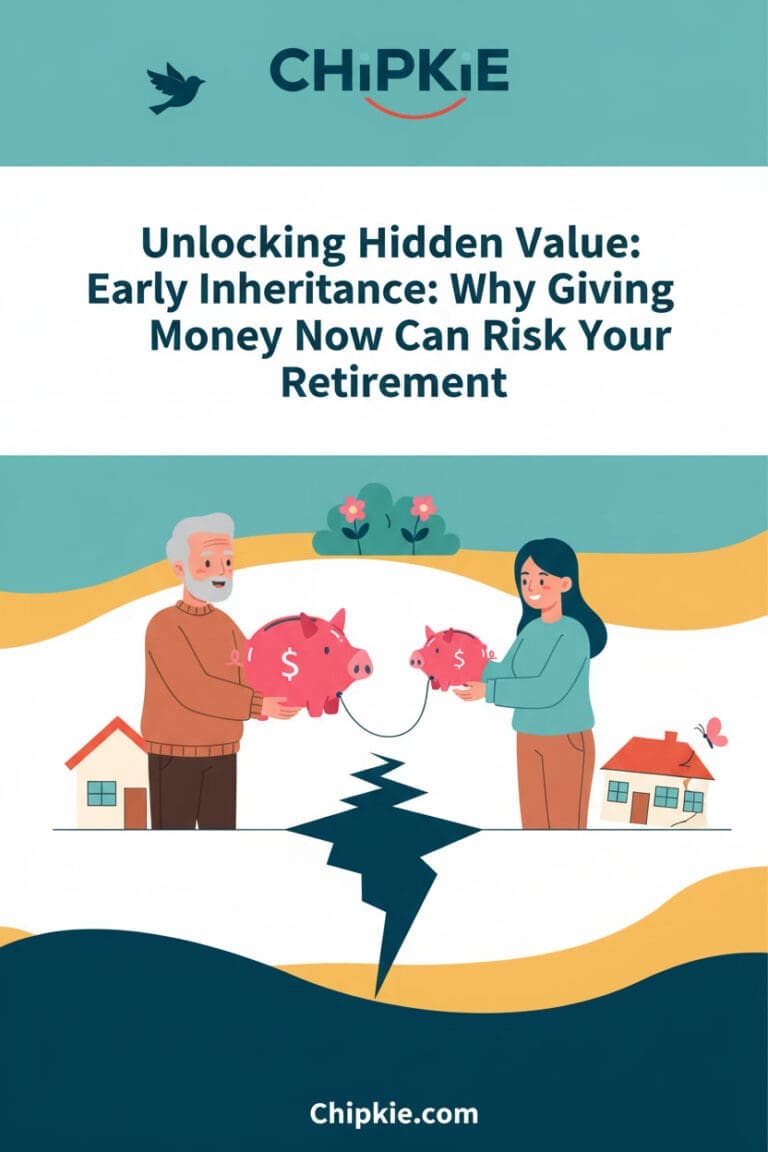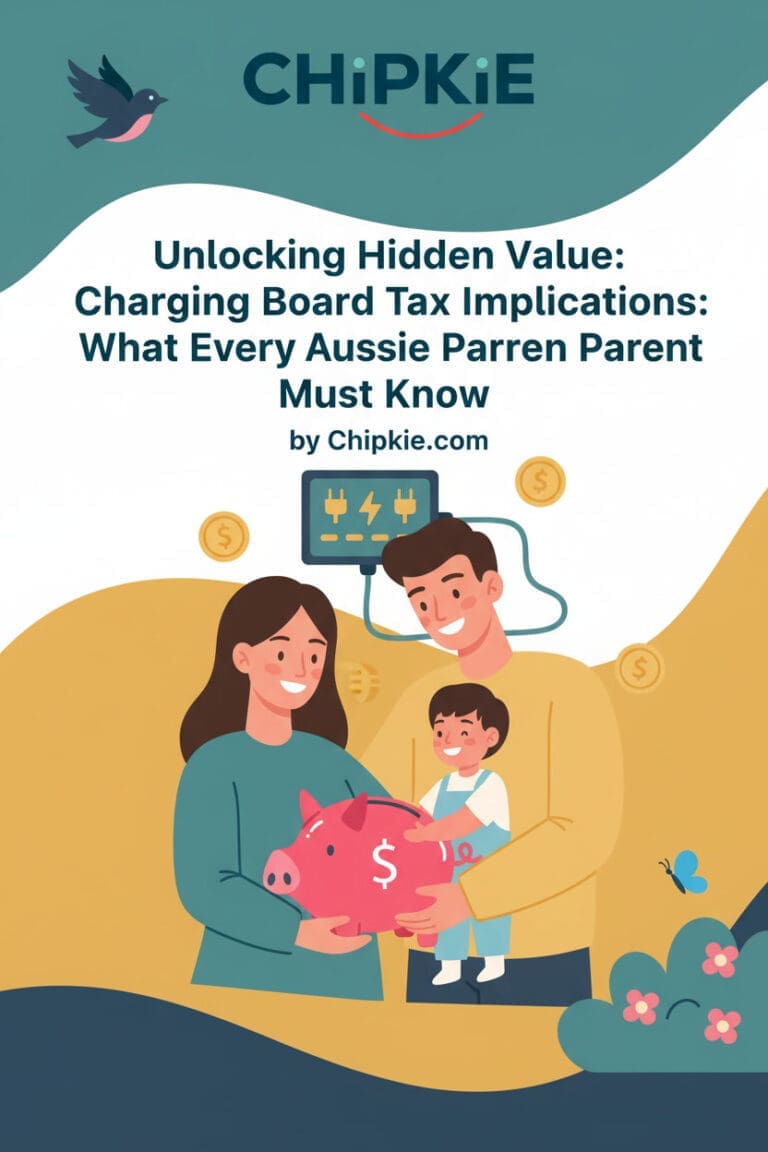Lending money to friends, family can be an enriching experience for everyone involved. It can help a loved one get ahead, strengthen bonds and relationships, and give you that excellent serotonin boost and positive karma from helping someone out. But it’s an unfortunate reality. Sometimes you lend someone money, and they don’t pay you back. And sadly, it does give lending to friends and family a bad name. If you find yourself in a situation where you lend someone money and they don’t pay you back, it can be disheartening and even lead to strained relationships. This article will explore the steps you can take when faced with an unpaid debt, emphasising understanding, communication.
If You Lend Someone Money And They Don’t Pay You Back, Assess the Situation With Empathy
If you lend someone money and they don’t pay you back, it’s easy to jump to conclusions and become resentful. But that’s a surefire way to fast-track the situation into turning messy. So for the sake of the relationship, it’s crucial to assess the situation calmly. Remember why they matter to you, and remind yourself of their excellent qualities before considering why they cannot repay the loan. Life can present unexpected challenges like job loss, medical emergencies, environmental issues such as inflation, or other financial burdens. Approach the topic with empathy, allowing for open communication and an openness to problem-solving to get to a solution you both will be happy with.
Communicate Clearly and Without Emotion
Effective, calm communication is vital when dealing with an unpaid debt to not make the borrower defensive and potentially shut down. Reach out to the borrower non-confrontationally, expressing your concerns and discussing the loan’s terms and repayment expectations. Avoid confrontation or accusatory language, as this may hinder a productive resolution.
Explore Alternative Repayment Options
Sometimes if you lend someone money and they don’t pay you back, the borrower may be unable to repay the debt in full. In such cases, you can explore alternative repayment options accommodating their financial situation. This could include setting up a reasonable payment plan, extending the repayment period, or considering a partial repayment arrangement. This can embarrass the borrower, who may feel shame and failure. Be flexible and open to negotiation, ensuring both parties feel heard and respected. This will hopefully mean you can continue to have a relationship, even with this situation in front of you, and potentially come out stronger.

Put It in Writing
Avoid misunderstandings and protect both parties’ interests with a document that outlines the new agreement. If you have not had a formal agreement drafted, using a platform like Chipkie to create a legal loan contract can ensure a legally binding contract that outlines all the terms, interest, and timelines. Hence, there is no confusion down the line. Both parties should sign the agreement to establish a legally binding arrangement, which must be kept in an accessible place. This step can provide security and clarity, reducing the risk of further disputes.
Seek Mediation or Legal Advice
Sadly, attempts at amicable resolution sometimes fail, and seeking professional mediation or legal advice may be necessary. Mediators can facilitate productive conversations and help find a middle ground that satisfies both parties. In cases where the debt remains unresolved, consult with an attorney specialising in debt collection to explore your legal options, such as filing a small claims lawsuit or engaging a collection agency.
Learn from the Experience
A bad experience shouldn’t deter you from lending to loved ones who need a hand. Not all situations will end the same, and you may miss out on supporting a loved one through hard times. Therefore it’s a good idea to assess what went wrong to avoid similar situations in the future. Evaluate your lending practices; consider using platforms like Chipkie to structure and legalise loan agreements and track and automate the communication for a smoother process.
If you lend someone money and they don’t pay you back, it can be a challenging and emotionally charged situation. However, you can navigate this problematic circumstance by approaching the issue with empathy, clear communication, and a willingness to find a mutually acceptable solution. Remember that each situation is unique, and it’s essential to assess your options carefully, considering the potential impact on your relationship and financial well-being. By learning from the experience, you can better protect yourself and your relationships in future financial transactions.





